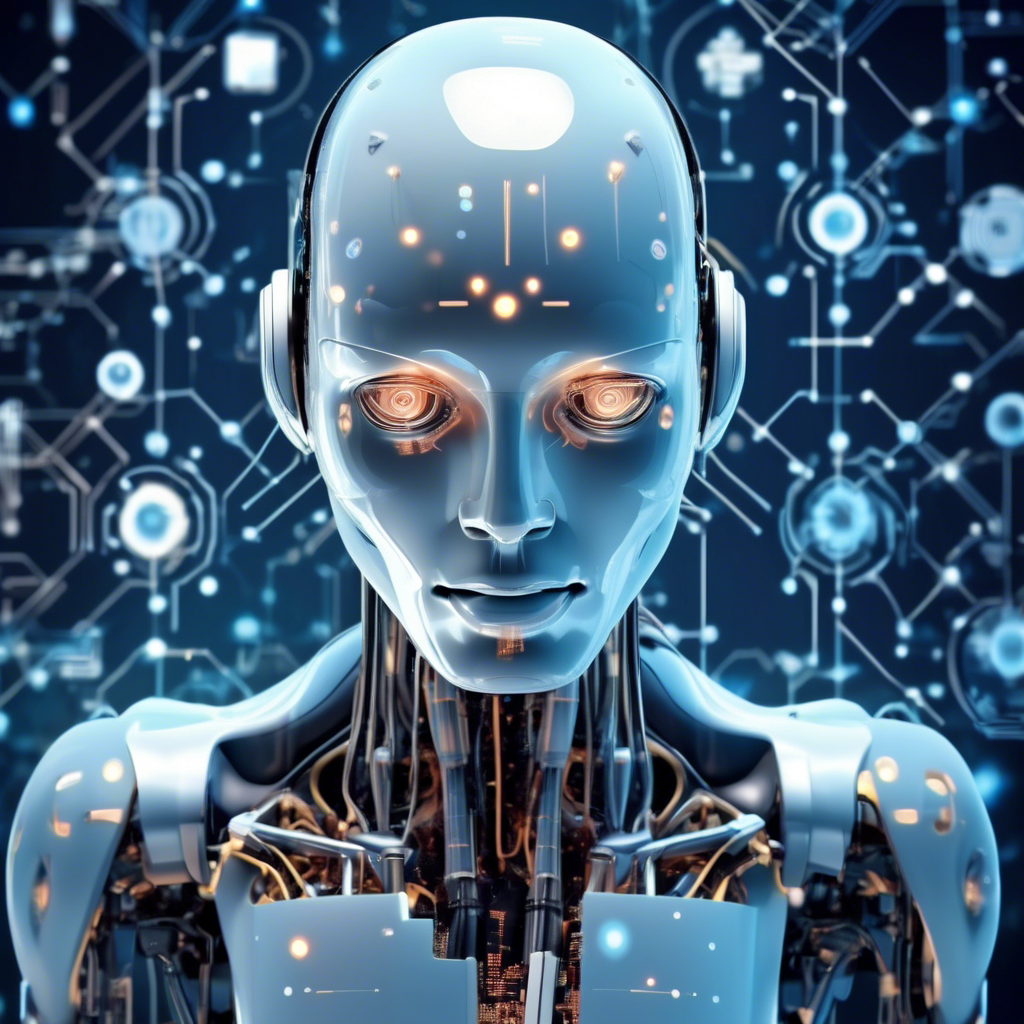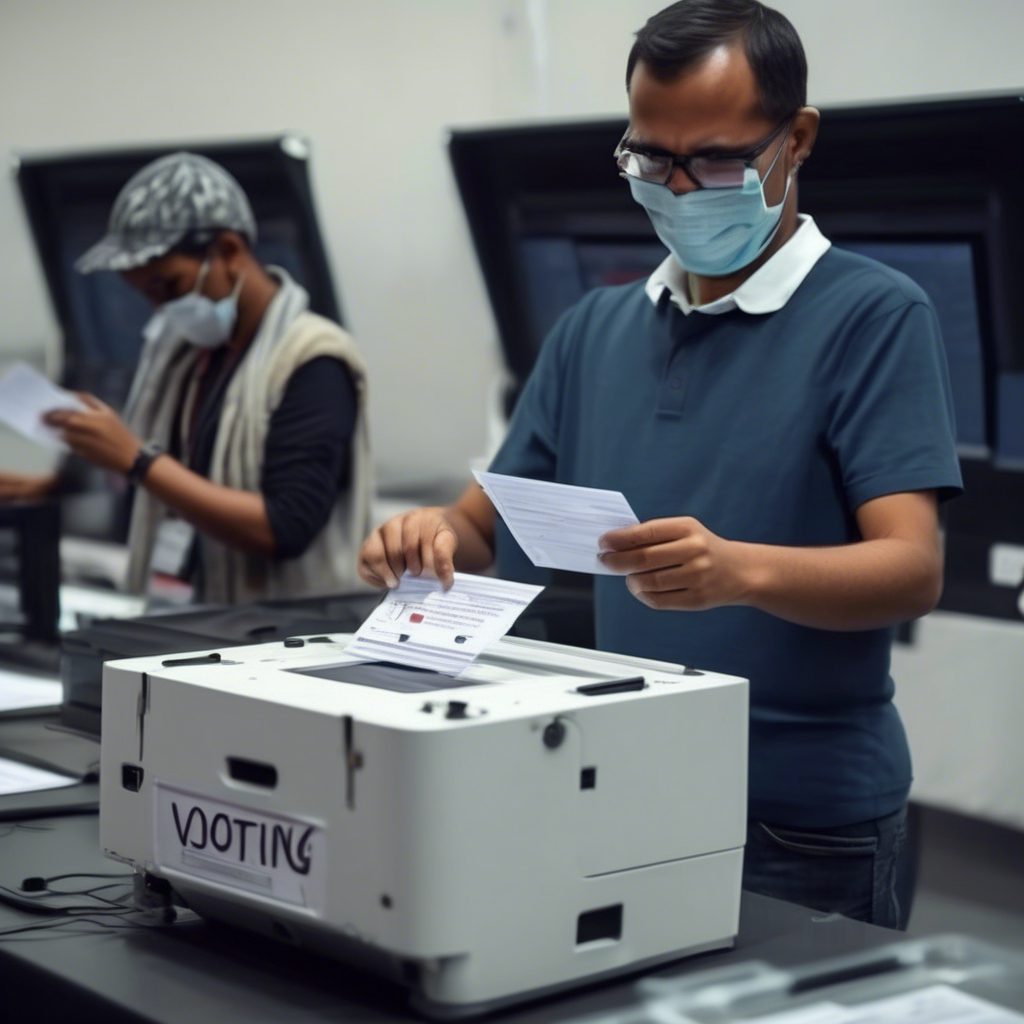Artificial Intelligence (AI) has been one of the most transformative technologies in recent years, revolutionizing various industries and significantly impacting the world of the internet. The rise of AI in the internet world has been driven by advancements in computing power, data availability, and algorithmic development.
AI has revolutionized the way we interact with the internet and the services it provides. AI-powered virtual assistants, such as Siri and Alexa, have become an integral part of our daily lives, making tasks easier and more efficient. Additionally, AI algorithms are used to personalize online shopping experiences, recommend relevant content, and even detect fraud.
The evolution of AI in the internet world can be attributed to advancements in machine learning, deep learning, and natural language processing. These technologies enable AI systems to analyze and interpret data, learn from it, and make intelligent decisions. With the abundance of data available on the internet, AI systems can continuously learn and improve, providing more accurate and relevant results.
However, the rapid evolution of AI also poses certain challenges, such as concerns about data privacy and the potential impact on job markets. As AI becomes more sophisticated and autonomous, there is a need for robust ethical frameworks and regulations to ensure responsible and accountable use.
In conclusion, the rise and evolution of AI in the world of the internet have transformed the way we interact and use online services. From virtual assistants to personalized shopping experiences, AI has greatly enhanced convenience and efficiency. However, it is crucial to balance progress with responsibility to ensure the ethical and responsible use of this powerful technology.

 The Power of the Cloud Revolutionizing Computing Technology
The Power of the Cloud Revolutionizing Computing Technology